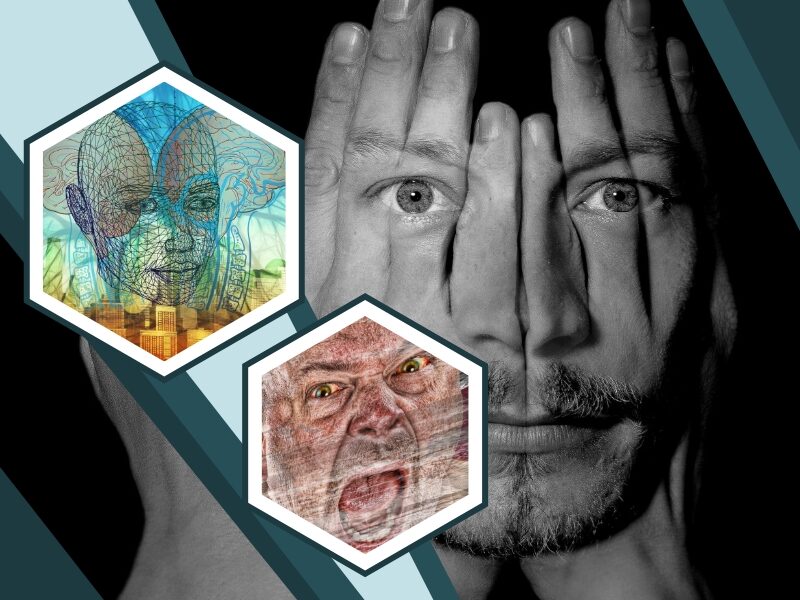Psychosis: Definition, Symptoms, Causes, and Treatment

What is Psychosis?
Psychosis is a condition that affects the way the brain processes information. This leads a person to lose touch with reality. Note that this is a symptom, not an illness. It is triggered by a mental illness, injury, substance abuse, trauma, or extreme stress.
Signs and Symptoms of Psychosis
The symptoms of this condition depend on its cause. This may appear quickly or cause slow changes in a person’s thoughts and perceptions. The symptoms can be mild or severe. The early signs are:
- A significant drop in school performance or job
- The difficulty of thinking clearly
- Trouble concentrating or thinking clearly
- Suspiciousness and uneasiness around others
- Having strong or inappropriate emotions
- Social withdrawal
- A decline of personal hygiene or self-care
This condition involves one of the following categories or domains:
- Hallucinations. Experiences a person perceives to be real despite the lack of stimulus to cause them.
- Negative symptoms. A decline or changes in emotions, words, movements, or motivation.
- Delusions. False beliefs that a person holds despite a lack of evidence or proof.
- Disorganized behavior. Random or inappropriate emotional responses that are not in line with the situation.
- Disorganized thought. A person’s thought process may drift away from the topic. Their speech may make no sense to others.
- Catatonia. The person may become unresponsive or oppose stimuli or present with unintentional movements or activities that lack purpose.

What Causes Psychosis?
There are no specific causes of this condition but some known factors include:
- Drugs. It is sometimes triggered by alcohol abuse, the use of marijuana, amphetamines, and LSD. Both drugs that depress the nervous system, like cannabis and stimulant drugs, like cocaine and ampethamines can affect your brain activity.
- Genetics. This condition may run in the family but that doesn’t always mean you will get psychosis.
- Trauma. The death of a loved one, a sexual assault, or other events that causes trauma can lead to the development of this condition.
- Injuries and illnesses. This involves brain injuries, tumors, stroke, dementia, and Alzheimer’s disease can cause psychosis.
- Severe depression. Some people with depression also have symptoms of psychosis when they are very depressed.
Treatment, Management, and Prevention of Psychosis
The treatment of this condition involves a combination approach of medicine and therapy. Using antipsychotic medications relieves the symptoms and behavioral therapy helps reduce the need for hospital treatments. Therapy is significant, especially for conditions like schizophrenia.
Social support is also a successful aid in treating psychosis. Supporting a patient’s needs such as education, employment, and accommodation may significantly ease the condition along with proper medications.
Getting Help for Others
Affected people often have reduced insight and awareness of the real world. If you know someone who has the condition or showing symptoms, you can seek help for them. You can contact your community social worker for evaluation, take them to the nearest emergency department, or call their GP.
Medication Used to Treat Psychosis
Chlorpromazine. It is a prescription medicine used to treat the symptoms of Schizophrenia and Psychotic Disorders. It is also recommended by doctors to their patients to control agitation and mania in people who have bipolar disorder. It works by helping to restore the balance of certain natural substances in the brain. It can reduce aggressive behavior and the desire to hurt yourself or others. It may also help to decrease hallucinations.

What are the Side Effects of Chlorpromazine?
- Increased sensitivity of the skin to sunlight
- Swelling or pain in breasts
- Unusual secretion of milk
- Unusual weight gain
- Changes in the menstrual period
- Reduced sexual ability
Inform your doctor if you experience persistent:
- Constipation and reduced sweating
- Dizziness
- Dryness of mouth
- Nasal congestion
Rare but serious side effects can include:



